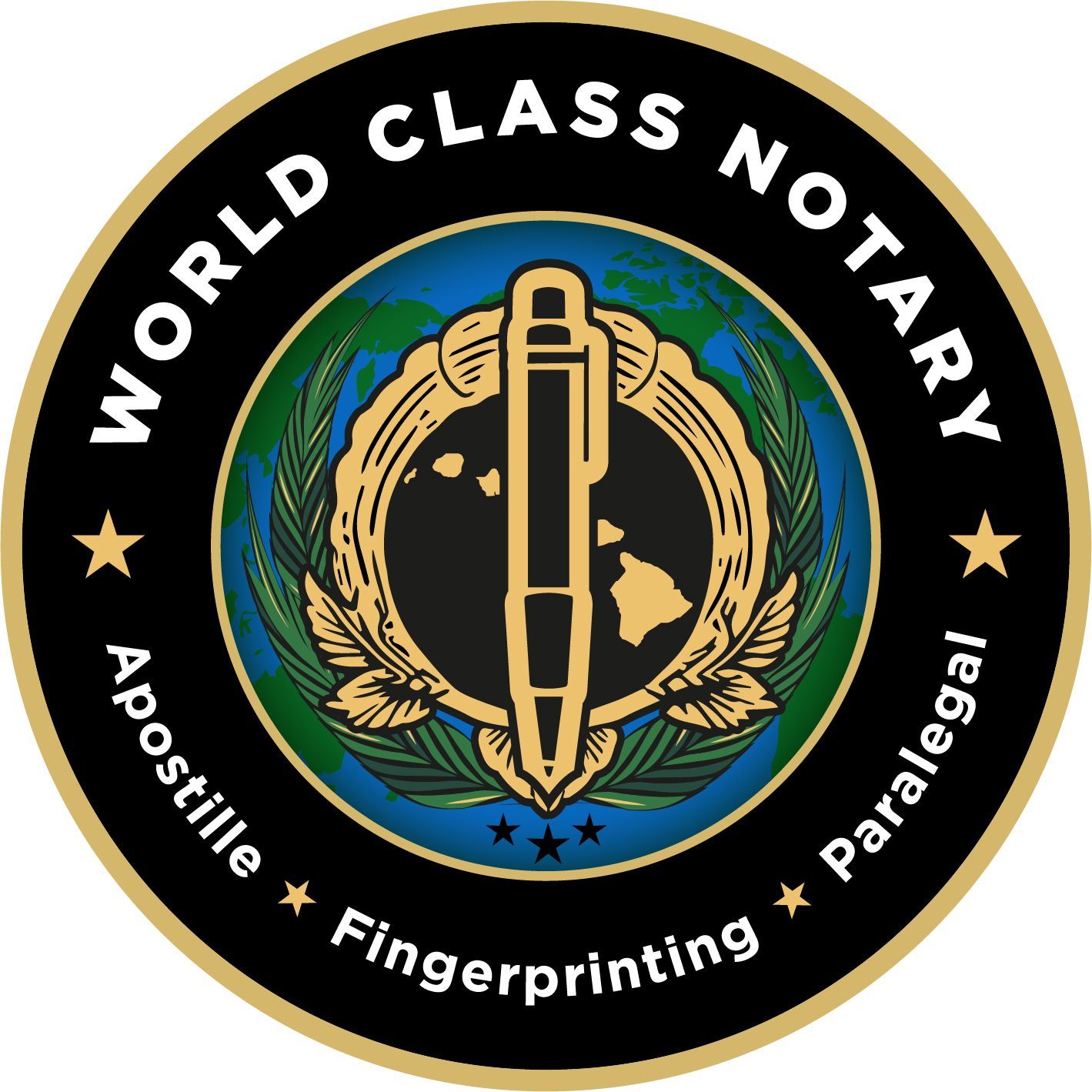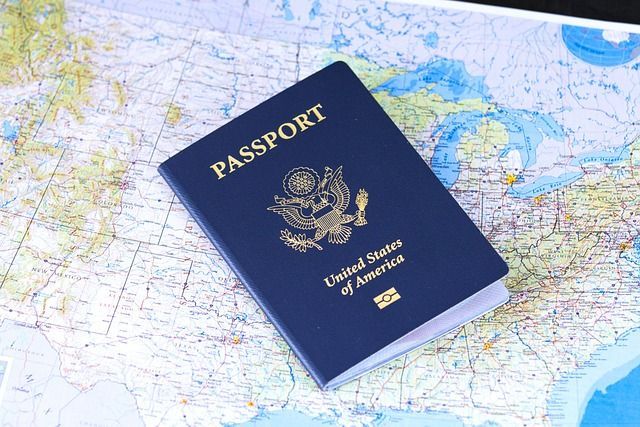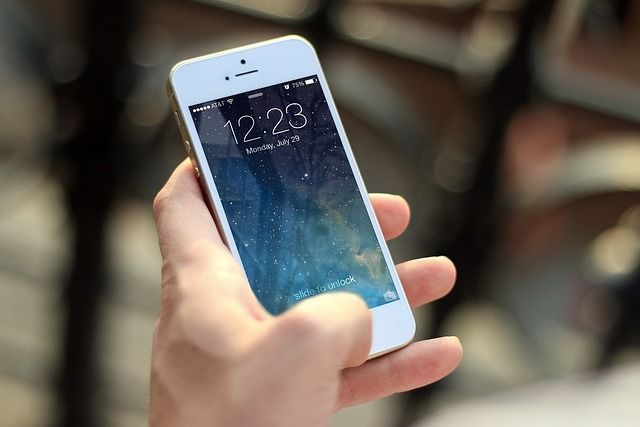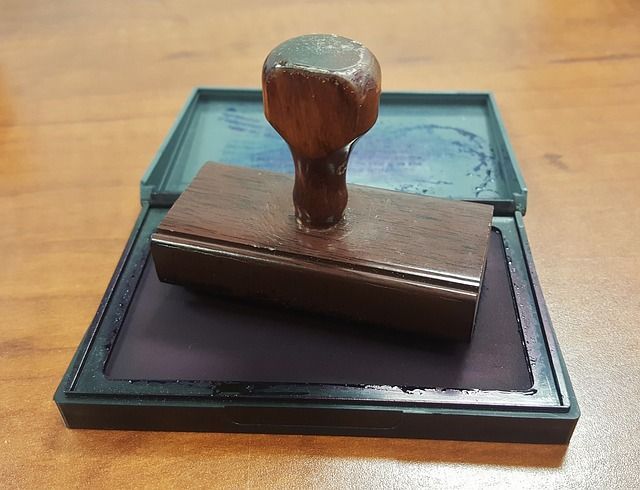Unlocking the Secrets: Exploring Ink Fingerprinting in Honolulu
Ink fingerprinting is a powerful technique used for identification, authentication, and investigation purposes. It has gained significant popularity in various industries, including law enforcement, document authentication, and background checks. This article aims to unravel the secrets behind ink fingerprinting and explore its applications, advantages, limitations, and legal considerations. Furthermore, we will delve into the specific context of ink fingerprinting in Honolulu, discussing service providers, cost, turnaround time, and offering tips for successful ink fingerprinting.
Introduction
In today's digital age, where technology seems to dominate every aspect of our lives, ink fingerprinting continues to play a crucial role in personal identification and security. Unlike digital fingerprinting, which relies on electronic scanning, ink fingerprinting involves the manual process of capturing an individual's unique fingerprint patterns using ink and paper.
What is Ink Fingerprinting?
Ink fingerprinting, also known as traditional fingerprinting or hardcopy fingerprinting, is the practice of taking a person's fingerprints using ink and transferring them onto a fingerprint card or other paper-based medium. It utilizes the principles of forensic science to identify individuals based on the distinct patterns and ridges present in their fingerprints.
The Process of Ink Fingerprinting
The process of ink fingerprinting involves several steps to ensure accurate and reliable results. First, the person's hands are thoroughly cleaned to remove any dirt, oils, or other substances that may interfere with the quality of the fingerprint impressions. Then, the person's fingers are individually rolled onto an ink pad, ensuring that each finger makes clear and legible contact with the pad. Once the fingers are inked, they are carefully rolled onto a fingerprint card, creating a permanent record of the person's fingerprints.
Applications of Ink Fingerprinting
Ink fingerprinting finds applications in various fields due to its effectiveness and reliability. One of the primary applications is in document authentication. Ink fingerprints can serve as a unique identifier for legal documents, contracts, and important paperwork, ensuring their integrity and preventing fraudulent activities. Ink fingerprinting is also extensively used in criminal investigations to identify suspects, link evidence to individuals, and solve complex cases.
Ink Fingerprinting for Document Authentication
In the realm of document authentication, ink fingerprinting provides a robust and tamper-proof method for verifying the authenticity of important paperwork. By capturing an individual's ink fingerprints on legal documents, authorities can ensure that the document has not been forged or altered. Ink fingerprints are difficult to replicate, making them a reliable tool for preventing document fraud and maintaining the integrity of legal transactions.
Ink Fingerprinting in Criminal Investigations
Law enforcement agencies have long relied on ink fingerprinting to solve criminal cases. By collecting and analyzing fingerprints found at crime scenes, investigators can link suspects to specific incidents and build solid cases based on physical evidence. Ink fingerprints serve as irrefutable proof of an individual's presence at a crime scene, aiding in the conviction of criminals and ensuring justice is served.
Advantages of Ink Fingerprinting
Ink fingerprinting offers several advantages over other identification methods. Firstly, ink fingerprints are unique to individuals, making them highly reliable for personal identification. The process of ink fingerprinting is also relatively simple and cost-effective compared to other biometric techniques. Additionally, ink fingerprints are unaffected by technological glitches or system failures, ensuring consistent and accurate results.
Limitations of Ink Fingerprinting
While ink fingerprinting has proven to be a valuable tool, it does have certain limitations. One limitation is the manual nature of the process, which can be time-consuming and labor-intensive, especially when dealing with large volumes of fingerprints. Ink fingerprints are also susceptible to smudging or distortion if not handled carefully, potentially affecting the accuracy of the results. Furthermore, ink fingerprinting may not be suitable for individuals with certain skin conditions or injuries that affect the quality of their fingerprints.
Ink Fingerprinting vs. Digital Fingerprinting
Ink fingerprinting differs from digital fingerprinting, which has gained popularity in recent years. Digital fingerprinting uses electronic scanners to capture an individual's fingerprint image, which is then stored and analyzed digitally. While digital fingerprinting offers convenience and speed, ink fingerprinting remains a preferred choice in certain scenarios due to its physical nature and the ability to create hardcopy records.
Ink Fingerprinting: Legal Considerations
The use of ink fingerprinting raises legal considerations, particularly concerning privacy and data protection. It is important for service providers and authorities to adhere to strict guidelines and regulations to ensure the ethical and lawful use of individuals' fingerprints. Legal frameworks must be in place to protect the rights and privacy of individuals while maintaining the effectiveness of ink fingerprinting as a security measure.
Ink Fingerprinting in Honolulu: Services and Providers
If you're in Honolulu and require ink fingerprinting services, our team at World Class Notary provides ink fingerprinting for various purposes, including employment background checks, immigration processes, fbi background checks, nurse license applications, and miscellaneous licensing requirements.
Ink Fingerprinting: Cost and Turnaround Time
The cost and turnaround time for ink fingerprinting services in Honolulu starts at $85, and the fingerprints will be ready same-day after your appointment. Our team can also facilitate mailing the fingerprint cards out for you for an additional fee and we can also assist with getting FBI Apostille for your federal background check.
Tips for Successful Ink Fingerprinting
To ensure a successful ink fingerprinting experience, consider the following tips:
- Clean your hands thoroughly before the procedure to remove any substances that may affect the quality of the fingerprints.
- Relax and keep your fingers steady during the rolling process to achieve clear and legible fingerprint impressions.
- Follow the instructions provided by the service provider regarding finger placement and rolling technique.
- If you have any skin conditions or injuries that may affect your fingerprints, inform the service provider beforehand for appropriate accommodations.
- If you're unsure about any aspect of the process, don't hesitate to ask questions and seek clarification from the service provider.
Future Developments in Ink Fingerprinting
As technology continues to advance, ink fingerprinting may undergo further developments to enhance its accuracy, efficiency, and convenience. Innovations such as automated ink fingerprinting systems and improved ink formulations may streamline the process and reduce the margin for error. These advancements could potentially lead to increased adoption of ink fingerprinting in various industries and further strengthen its role in personal identification and security.
Final Thoughts
Ink fingerprinting remains a vital tool in the realm of personal identification, document authentication, and criminal investigations. Its ability to capture and analyze unique fingerprint patterns provides a reliable means of establishing identity and ensuring security. While ink fingerprinting has its advantages and limitations, it continues to serve as a valuable resource in Honolulu and beyond. By understanding the process, applications, and considerations surrounding ink fingerprinting, individuals can make informed decisions and harness its power for various purposes.
Please schedule an appointment online or visit our Honolulu location at 1050 Queen St. #100 Honolulu, HI 96814. You may also reach us at 808-304-6900 with any questions and our World Class Notary team will be glad to assist.









